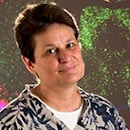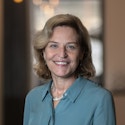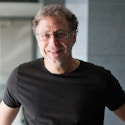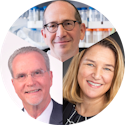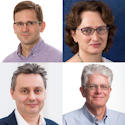By clicking to watch this video, you agree to our privacy policy.
On 28 October 2015, Catherine Dulac discussed the cellular and molecular architecture of neural circuits underlying instinctive social behaviors in mice.
Her talk was part of the Simons Foundation Autism Research lecture series.
About the Lecture
Severe mental disorders such autism spectrum disorders, schizophrenia and major depressive disorder are characterized by profound social impairments. There is little understanding of the neural mechanisms underlying these social deficits, and efficient diagnosis and therapeutic options are lacking. Advanced molecular and genetic techniques have made the discovery of specific behavior circuits possible.
In this lecture, Catherine Dulac will discuss the cellular and molecular architecture of neural circuits underlying instinctive social behaviors of mice. She will describe her group’s recent advances in uncovering the identity of sensory neurons that detect social cues and the identity of command circuits associated with specific social responses in male and female mice.
